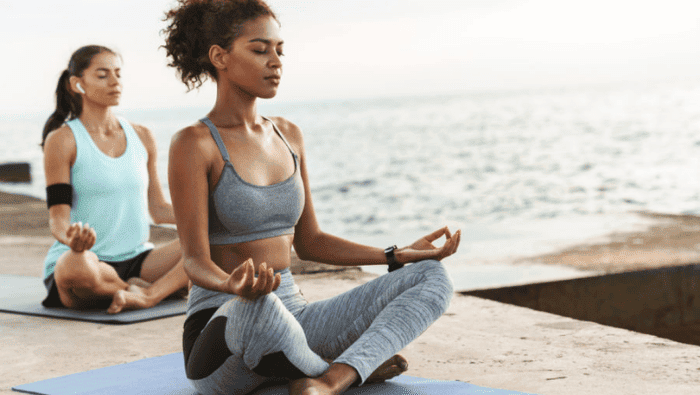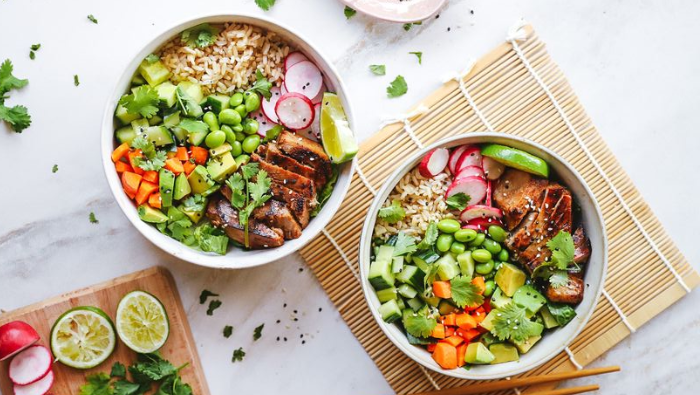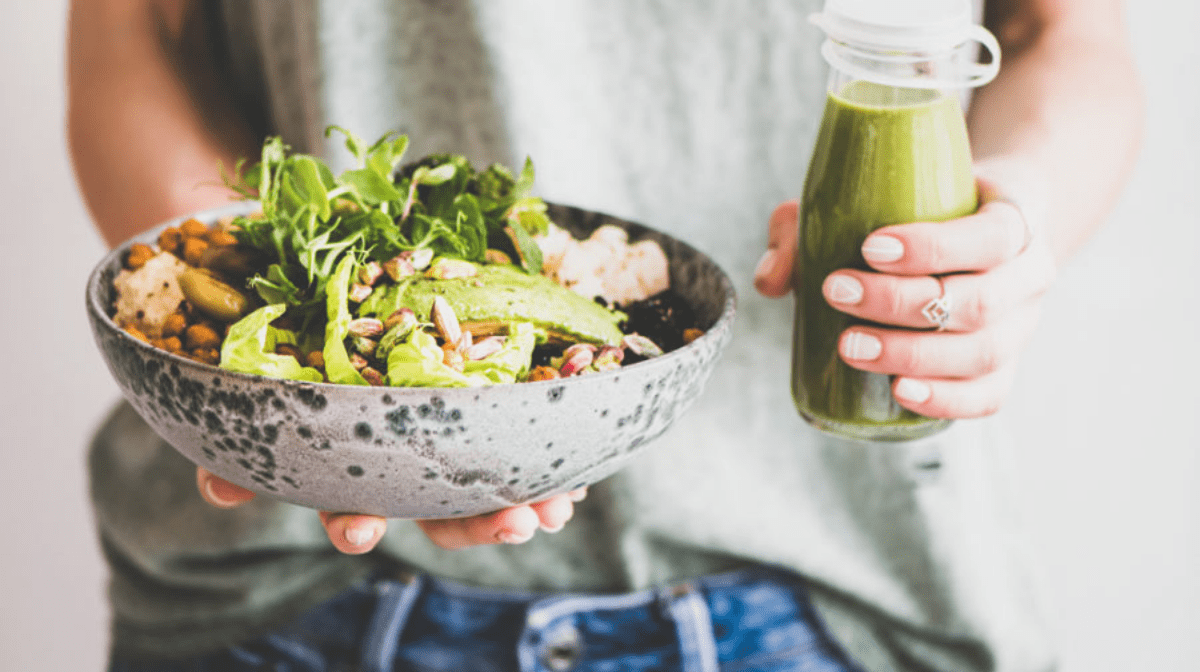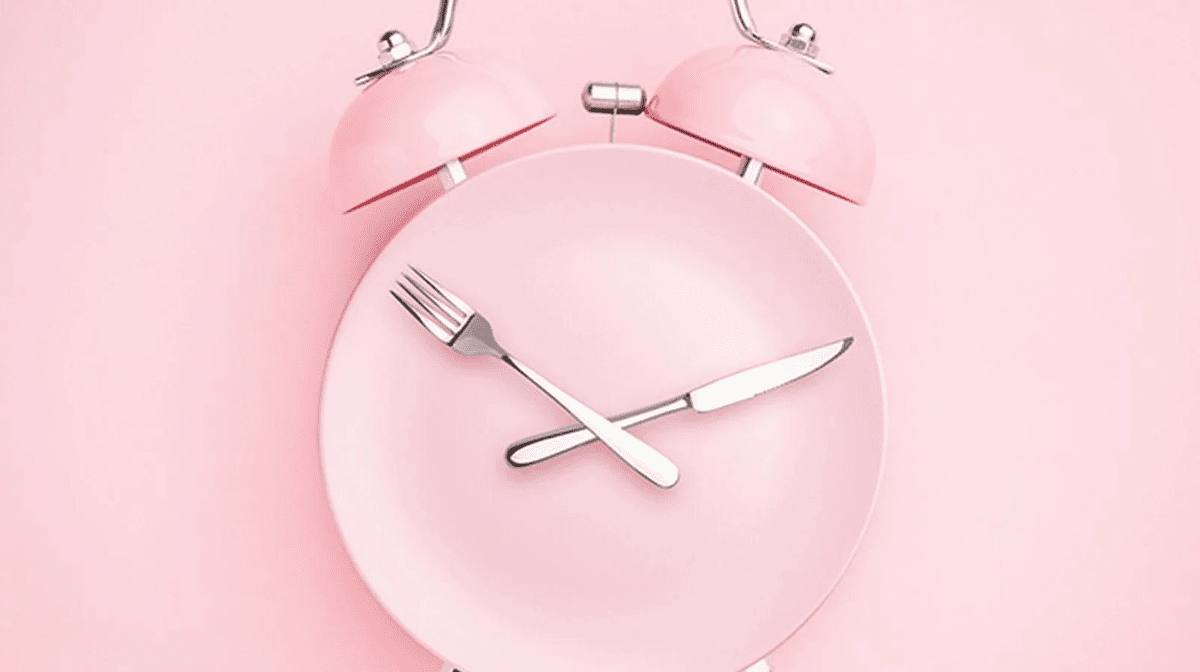Stress is how your body responds to increased strain or pressure. When we’re facing a situation that’s hard to manage or control, we feel stressed. It’s normal to feel stressed occasionally, like before a big deadline or an important event. A small amount of stress can even be helpful because it motivates us to complete tasks
But when does stress become too much? And what can you do to relieve it? In this article we’ll go through 10 practical ways to relieve stress.- Prioritise sleep
- Meditate
- Stay active
- Talk it out
- Log off
- Listen to music
- Eat a balanced diet
- Reduce clutter
- Understand what you can control
- Avoid unhealthy habits
- FAQs
1. Prioritise sleep
Getting enough sleep is vital to your overall mental health and can help reduce stress. If you’re already experiencing symptoms of stress, feeling tired will often make them worse. Sleep reduces the level of cortisol in the body - cortisol is one of the main stress hormones.
Unfortunately, stress can also make it harder to get to sleep, even when you feel tired. It may help to do relaxing activities before bed, such as meditation or reading a book.
2. Meditate
When you think of meditation you probably picture someone sitting cross-legged and humming, but there are actually many different ways to meditate. Meditation helps you feel more aware, grounded, and in control. It is closely connected with mindfulness - the idea of being more ‘present’ in your mind and body to improve wellbeing.
3. Stay active
No matter your level of fitness or ability, staying active is key to a healthy lifestyle. Exercise is known to relieve stress by reducing stress hormones and boosting feel-good endorphins.Exercise can be particularly useful for relieving the physical symptoms of stress. For example, doing yoga or other gentle stretches helps to loosen up tense muscles. Some people prefer more intense workouts to shake off stress, but there really is no ‘right’ way to get active. Try out different activities or sports, solo or with a group, and see what you enjoy most!4. Talk it out
Everyone has experienced stress at some point in their life. This means that your friends and family may be able to offer advice about how to manage stress.Even just talking about what’s making you stressed can help you feel less overwhelmed. The important thing is to talk to someone you trust who you can speak openly with.You could also talk to a professional, such as a therapist or counsellor.5. Log off
These days we’re expected to be online constantly. Replying to messages, checking emails, and staying updated on the news can sometimes feel like a full-time job!Avoid going on your phone or laptop before bed to help yourself fall asleep easier. You can also set screen-time limits on certain devices to monitor how much time you’re spending on them.6. Listen to music
Recent studies suggest that music can help to reduce stress and anxiety. Listening to music, especially classical and ambient music, can lower your heart rate and cortisol, and release endorphins.
7. Eat a balanced diet
The main stress response hormones are produced by the adrenal glands - these glands are significantly influenced by blood sugar levels. This means that stabilising your blood sugar and eating a balanced diet may help reduce stress.A balanced diet should include a range of vitamins and minerals. For example, B vitamins can help support your nervous system and stabilise your mood. If you’re struggling to get enough vitamins, you could try taking supplements or multivitamins.

8. Reduce clutter
An untidy workspace can add extra stress to your everyday life. The last thing you need on a stressful day is to struggle to find things! Try to make time to clear your desk or room about once a week. Being mindful and present while you’re cleaning can also relieve some stress by itself.9. Understand what you can control
Much of the stress we experience comes from things we can’t control. In a journal or notepad, list down all the things you’re stressed about and separate them into things you can and can’t control.Although it can be frustrating, often just being aware that we can’t change a situation can relieve some of the stress around it.
10. Avoid unhealthy habits
When you’re stressed it’s often tempting to take up unhealthy habits - like smoking or drinking alcohol - to help you relax. While they may provide short-term relief, they can worsen stress and your overall mental health in the long term.Talk to a Professional
Before making any major lifestyle or dietary changes, please consult your doctor and any other relevant professionals (eg. nutritionist, therapist, counsellor). This article should not be taken as medical advice.Take Home Message
While everyone experiences stress, it can affect different people in different ways. There is also no one-size-fits-all method to relieve stress. Try out these tips and see what works for you!FAQs
What is stress exactly?
Stress is your body’s response to increased strain or pressure. It can have both mental and physical effects. Work is one of the most common causes of stress, alongside family troubles and financial worries.What does stress feel like?
Stress manifests differently for each person through a range of mental and physical symptoms. You may find yourself worrying more, having trouble sleeping or struggling to concentrate at work. Some people also experience physical symptoms such as chest pain, headaches or muscle tension.How do I destress myself?
There are many different ways to destress yourself including staying active and eating a balanced diet. Scroll up to read about 10 practical ways to reduce stress.What are 10 ways to reduce stress?
This article explains 10 ways to reduce stress: prioritise sleep, meditate, stay active, talk it out, log off, listen to music, eat a balanced diet, reduce clutter, understand what you can control, and avoid unhealthy habits. Scroll back up to read about each of these tips in more detail.

Talking about: Metabolism
These nutritionist-approved tips could have a positive impact on your metabolism and your overall health.


What Is Intermittent Fasting & Is It Healthy?
Your guide to intermittent fasting.
- ‘Stress: Are we coping? Report’ Mental Health Foundation 2018 https://www.mentalhealth.org.uk/explore-mental-health/publications/stress-are-we-coping-report
- ‘Stress’ NHS, 2022 https://www.nhs.uk/mental-health/feelings-symptoms-behaviours/feelings-and-symptoms/stress/
- ‘Stress’ World Health Organization, 2021 https://www.who.int/news-room/questions-and-answers/item/stress#:~:text=Stress%20can%20be%20defined%20as,to%20your%20overall%20well%2Dbeing.
- ‘Music therapy for stress reduction: a systematic review and meta-analysis’ Martina de Witte et al, 2020 https://www.tandfonline.com/doi/full/10.1080/17437199.2020.1846580
- ‘Stress relief: How diet and lifestyle can help’ Jo Lewin, BBC Good Food, 2019 https://www.bbcgoodfood.com/howto/guide/stress-diet-can-foods-help
Related Articles








